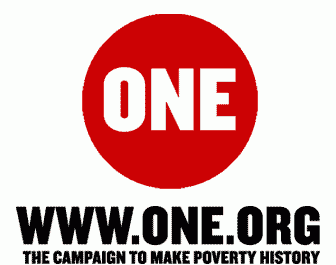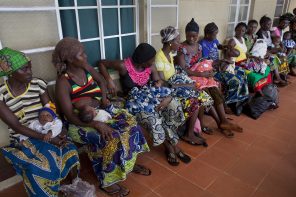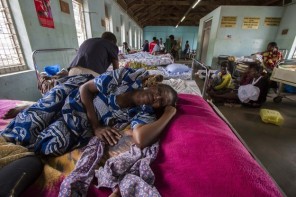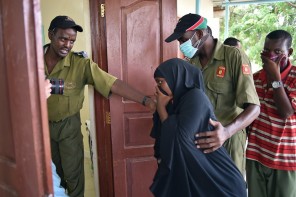That’s what the ONE campaign wants to know. They’ve kicked off a petition to ask African leaders to publish their health budgets — promises and actual spending — for better accountability on outcomes.
It’s also about accountability for past promises. In 2011, African countries signed a declaration in Abuja to commit 15 percent of their national budgets to health. Ten years later, only 26 had fulfilled the pledge.
But it’s hard to know how much progress is being made if governments don’t regularly publish their budgets. That’s obvious. Less obvious is that it can also be hard to keep an eye on the difference between a proposed budget and an actual budget. In some cases, there can be a real shortfall: What South Sudan budgeted to spend in 2012, and what it actually could spend, were drastically different. Why? The country shut off its oil flow, in a dispute over revenues with the Republic of Sudan, which controls the oil’s access to ports. The shut-off deprived the South Sudan government of roughly 97 percent of the revenue it expected. The result? When asked for a rough estimate of what the current health budget was, during a schedule meeting with a half-dozen journalists organized by the Global Fund, the national minister of health in July couldn’t give a figure.






South Sudan uses http://www.freebalance.com/ accounting software, which in theory if still used properly can provide up to date month by month actual spending (with perhaps a month or two lag for checking errors). A lot of this has been published along with the budget each year but nobody seems to care. Very little demand for spending data. Hopefully this ONE campaign can help.
Indeed — the same day as the meeting I describe, the coming year’s annual budget appeared in the paper. He wasn’t the only health official I met who didn’t know the budget for the department he oversees, but he was the highest-ranking one with that particular problem…